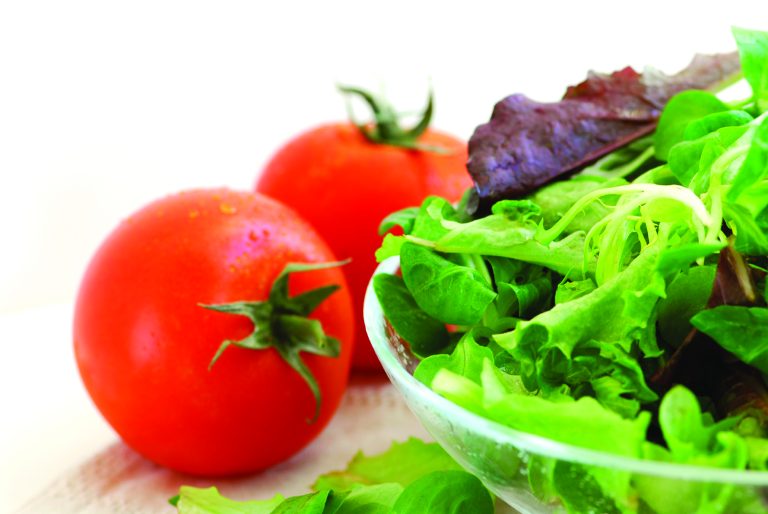Of course, we are what we eat, but it’s particularly important for someone managing kidney disease to build a proper dietary plan to minimize symptoms like an upset stomach, swelling, pain, and more. Plus, adhering to a kidney-healthy diet may possibly even slow down the development of the disease.
What Are the Best Dieting Tips for Managing Kidney Disease?
If you’re providing care for a family member with kidney disease, it’s important to know the best dieting tips for managing kidney disease, such as:
Potassium
The mineral, potassium, is something we all need, and it’s found in almost all types of food. Our bodies need potassium to keep our muscles working, but when someone is receiving dialysis, potassium levels need to be examined very closely. Receiving too much or too little potassium can produce muscle cramps, erratic heartbeat and weakness of the muscles. Consult a physician or dietitian to help determine how much potassium is appropriate for the specific person.
Salt
Overconsuming sodium can lead to high blood pressure or fluid retention, and can force the heart to work harder. Salt should be restricted to no more than 2 grams per day for people with kidney disease. One way to assist is to refrain from serving foods that contain large concentrations of salt, such as:
- Pickled foods
- Chips, pretzels, and crackers
- Condiments such as soy sauce, ketchup, and barbecue sauce
- Canned foods
- Nuts
- Processed or smoked meats
NOTE: Pay special attention to salt substitutes and “reduced sodium” foods, which many times are high in potassium.
Protein
Protein is extremely important in our diet, but when the kidneys aren’t functioning correctly, excessive protein can build up in the blood. People with kidney disease ought to consume no more protein than what is required by the body. When treatment starts early, a diet low in protein combined with essential amino acids at recommended amounts during each meal is known to prevent the need for, or at least push back the need for dialysis, and in fact might even reverse some kidney problems.
Vitamins and Minerals
People with kidney disease may need extra supplements of vitamins to reduce some of the common side effects of kidney failure, including bone disease or anemia, but they should only be taken if advised by the doctor.
If you need more dieting tips for managing kidney disease, or if you want to learn how a professional in-home caregiver can improve health and quality of life, contact Happier Home Care online or at 818-651-6679. We’ll be happy to schedule a complimentary in-home meeting at your convenience to answer all of your questions and provide you with the information you need about our services. Visit our Service Area page for information on where we can provide care at home.
